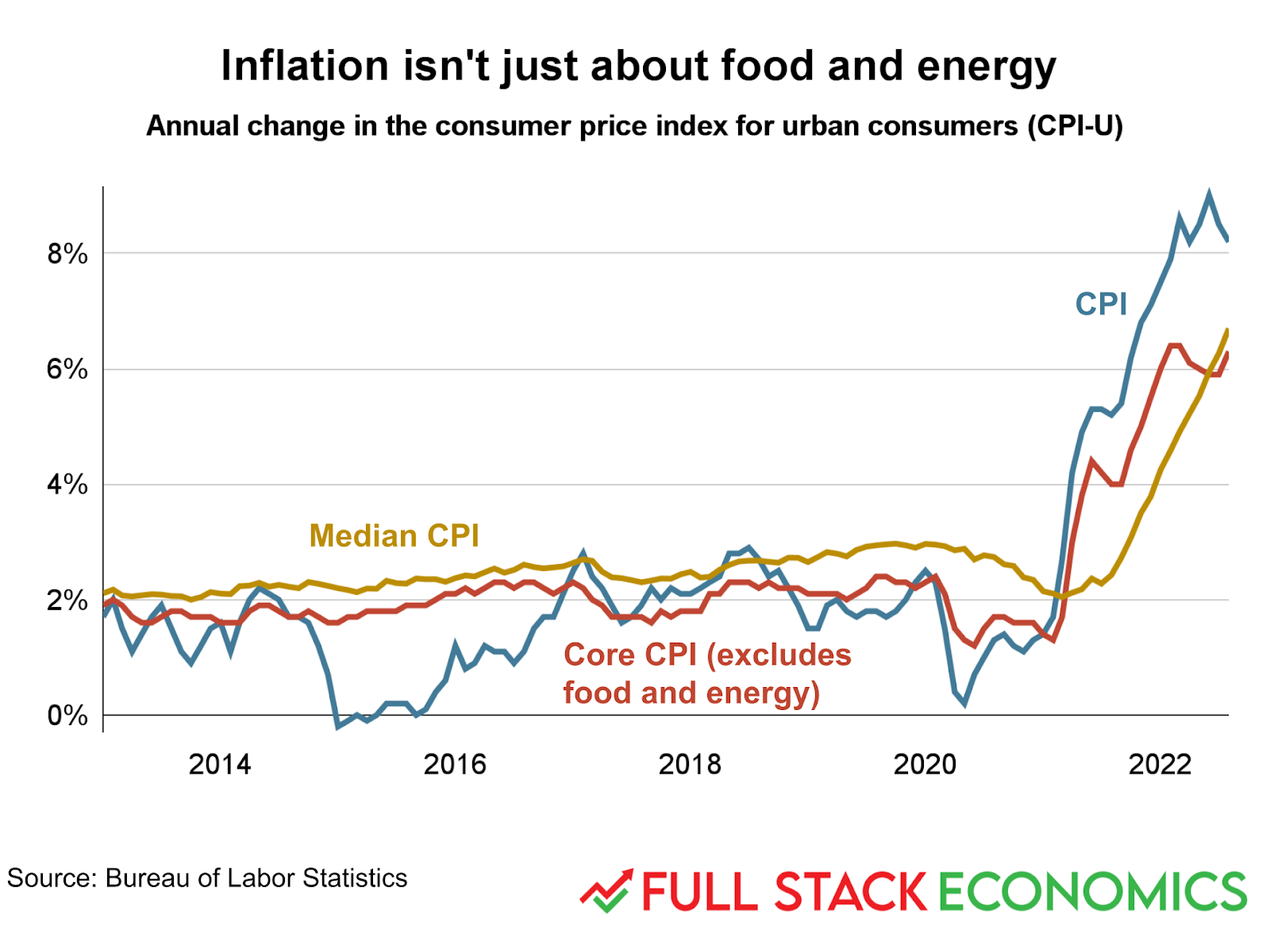
Deciphering Economic Inflation Trends: A Deep Dive
In the dynamic world of economics, understanding and navigating inflation trends are crucial for businesses, policymakers, and individuals alike. This article delves into the nuances of economic inflation, its impact on various sectors, and strategies to navigate the complexities of inflationary trends.
Unraveling the Concept of Economic Inflation
At its core, economic inflation refers to the sustained increase in the general price level of goods and services over time. When inflation occurs, each unit of currency buys fewer goods and services, eroding the purchasing power of money. While moderate inflation is considered a normal part of a growing economy, rapid or hyperinflation can have severe consequences.
Impact on Consumer Purchasing Power
One of the immediate effects of inflation is the impact on consumer purchasing power. As the cost of goods and services rises, consumers find that their money doesn’t stretch as far, leading to a reduction in their real income. This phenomenon can affect spending patterns, impacting both essential and discretionary purchases.
Challenges for Fixed-Income Earners and Savers
Economic inflation poses specific challenges for individuals on fixed incomes, such as retirees living on pensions or individuals relying on fixed-interest savings. The real value of their income or savings diminishes in an inflationary environment, necessitating strategic financial planning to mitigate the impact and maintain a certain quality of life.
Businesses and Cost Dynamics
For businesses, inflation introduces a set of challenges related to rising costs. The cost of raw materials, labor, and other operational expenses may increase, putting pressure on profit margins. Companies often need to navigate these cost dynamics by adjusting pricing strategies, optimizing operations, or seeking efficiencies to maintain competitiveness.
Central Bank Policies and Interest Rates
Central banks play a pivotal role in managing inflation through monetary policies. Adjusting interest rates is a common tool used by central banks to influence inflation. Increasing interest rates can help cool an overheating economy and curb inflation, while lowering rates can stimulate economic activity during periods of low inflation or deflation.
Real Estate Dynamics in an Inflationary Environment
Inflationary trends can have a significant impact on the real estate market. While property values may experience appreciation, the cost of construction materials and financing can also rise. Real estate investors and homeowners must carefully assess the implications of inflation on property values and make informed decisions about buying, selling, or holding assets.
Investment Strategies in Inflationary Environments
Investors need to adopt strategies that account for inflation to preserve and grow their wealth. Diversifying portfolios, investing in assets that traditionally perform well during inflationary periods (such as commodities or real assets), and considering inflation-protected securities are strategies to hedge against the erosion of purchasing power.
Global Perspectives and Exchange Rates
In a globalized economy, inflation trends in one country can impact exchange rates and have ripple effects worldwide. Currency values may fluctuate, affecting international trade and investment. Businesses engaged in global markets must be attuned to these dynamics to navigate the complexities of currency exchange and mitigate risks.
Navigating Inflation with Economic Policies
Governments employ various economic policies to navigate inflation. Fiscal policies, including taxation and government spending, can influence demand and supply in the economy. Striking a balance between stimulating economic growth and controlling inflation is a delicate task that requires coordination between fiscal and monetary authorities.
The Road Ahead: Strategies for Individuals and Businesses
In conclusion, understanding economic inflation trends is a prerequisite for informed decision-making. Individuals, businesses, and policymakers must adapt to the changing economic landscape by implementing strategies that mitigate the impact of inflation. To explore more insights into economic inflation trends, visit Economic Inflation Trends and stay informed about the evolving dynamics of the global economy.


